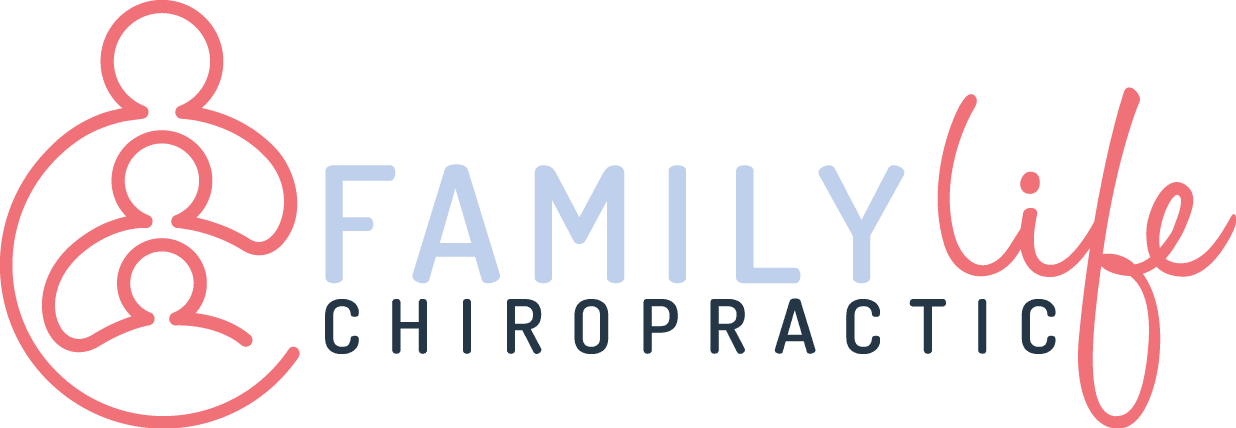How can we help you?
Managing Disc Injuries with Chiropractic Treatment
Chiropractic Care for Disc Bulge & Herniated Discs in Newcastle
At Family Life Chiropractic in Newcastle, we understand how disc injuries—such as disc bulges or herniations—can significantly impact your comfort, mobility, and quality of daily life. That’s why we take a thorough and compassionate approach to care, focused not just on relieving symptoms but on addressing the underlying causes to support long-term recovery and improved function.
Your journey with us begins with a detailed assessment to determine the nature and extent of your disc injury. We’re trained in interpreting diagnostic imaging such as CT scans and MRIs, which often play a key role in identifying disc-related concerns. Using this information, we tailor a personalised care plan designed to restore spinal function and reduce nerve pressure.
Our gentle chiropractic techniques are aimed at improving spinal alignment, relieving discomfort, and supporting the healing process. We also incorporate rehabilitative exercises and lifestyle guidance to strengthen the muscles that support your spine—helping to prevent future injuries and enhance your overall wellbeing.
What is a Slipped Disc?
The term “slipped disc” is somewhat misleading because discs don’t actually slip out of place. Instead, what happens is a herniation or bulging of the disc. Structurally, a herniated disc occurs when the soft, gel-like center of an intervertebral disc (the nucleus pulposus) pushes through a tear in the tougher exterior (the annulus fibrosus). This condition typically affects the discs in the lower back (lumbar region) but can also occur in the neck (cervical region).
How a Disc Herniates?
- Structure of the Disc: Intervertebral discs are composed of a tough outer layer called the annulus fibrosus and a soft, gel-like center called the nucleus pulposus. These discs act as shock absorbers between the vertebrae in your spine.
- Herniation: When the annulus fibrosus becomes damaged or weakened (due to age, injury, or excessive strain), the nucleus pulposus can push through this weakened area. This results in a herniated or bulging disc. The disc material may protrude outward but remains within the disc space.
- Pressure on Nerves: The protruding disc material can put pressure on nearby spinal nerves, leading to symptoms such as pain, numbness, tingling, or weakness in the areas served by those nerves.

What Caused My Disc Injury
Disc bulging or herniation can occur suddenly due to a single incident or accident; however, it is more commonly the result of gradual degenerative changes that accumulate over time. In many cases, patients may experience acute pain and symptoms after performing a seemingly simple task, such as bending or lifting, though the underlying damage often started years earlier.
Various factors can contribute to disc injuries, including trauma, repetitive heavy lifting, and repetitive movements. Additionally, abnormal spinal function can play a significant role in disc degeneration and herniation. These conditions often develop slowly as the discs in the spine undergo wear and tear, leading to a weakening of the disc’s structure. Understanding these underlying causes is essential for effective treatment and long-term relief of disc injuries.
Can Chiropractic Help Disc Pain
Chiropractic care can be a valuable component in managing and alleviating pain from disc injuries. By focusing on spinal alignment, pain relief, and overall spinal health, chiropractic care can help you achieve relief from disc-related discomfort and improve your quality of life. Chiropractors are specifically trained to utilise various techniques to address issues related to spinal discs, including bulging or herniated discs. Depending on the type and severity of your disc injury, the treatment approach may vary.
Spinal adjustments are a key aspect of chiropractic care and assist in restoring proper alignment and movement to the spine. By correcting misalignments or dysfunctional movement patterns, adjustments can help alleviate pressure on the affected discs and nerves. This can lead to a reduction in pain and an improvement in overall spinal function. Through targeted care, our team of professionals aim to support the healing process, enhance mobility, and prevent future disc-related issues. To discover how chiropractic care can support your recovery from a disc injury, please explore our detailed page here: What Does a Chiropractor Do?
